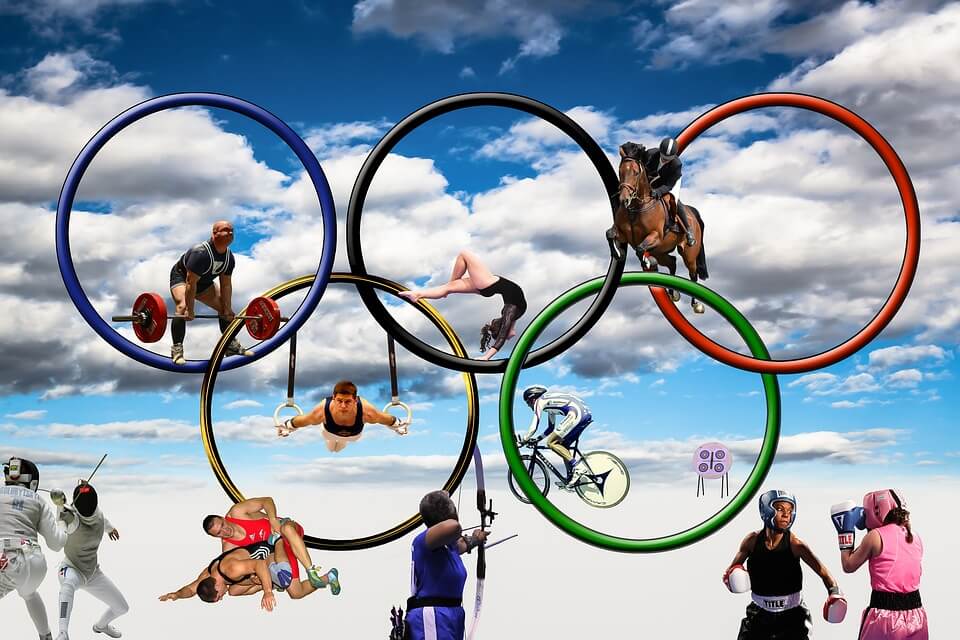Success: It’s in Your Hands
(and Mind)

“What the mind can conceive and believe the mind can achieve.”
Clement Stone, Napoleon Hill. (2009).
Success Through A Positive Mental Attitude (eBook). New York: Pocket Books. p46.
Often people will work and work, then see others being promoted over them. They ask themselves: what have they got that I haven’t? Their typical solution – obviously I have to work harder! As a result, they buy into a dangerous narrative in which work dominates at the expense of everything else in life. The paradox, of course, is that the leaders who made the decision about your promotion have probably picked up on that. It may be that the one reason why those promotions are going elsewhere, is because you are buying into the narrative, you are showing people in positions of responsibility, that time management and working smarter is not something you have worked out in your current position. Oddly enough, it may not seem like the leaders that made the decision about your promotion are being loyal but actually, they are, to you and to the Government agency or organization they lead.


There will be times when you need something to keep you focused and motivated.
There are a few things that this person needs to do.
- Access the plethora of ‘self-help’ books that are out there. A good example would be: Work Smarter Not Harder by Jack Collis and Michael LeBoeuf (Available at Amazon).
- Always have a mentor, an experienced practitioner that is happy to be there to bounce ideas off and give sound advice. Every great leader has a great mentor.
- Ask about the possibility of working with a coach. A coach is different from a mentor. Often, they don’t work in your field or for your organization or Government agency. This means they can be unbiased and see a different picture to what you might see. A great coach is also usually behind a great leader.
- Understand that nobody else will take an interest in your career if you’re not interested.
- Be conscious of how people perceive you. A good leader will know when your words to them are not being reflected in what you say and do in your work with your colleagues. You need to be authentic.
- Access career and leadership development programs that your organization or Government agency offers. This might be programs on Emotional Intelligence (EQ), Covey’s 7 Habits of Highly Effective People or even a program that simply says: ‘I’m interested in doing something different’.
- Keep your Resumé up to date. Always have your immediate report as a referee and let them know what you’re applying for. This brings them into a conversation with you about your career.
There will be times when you need something to keep you focused and motivated. The quote from W. Clement Stone and Napoleon Hill at the start of this article is a good mantra. You really are limited by how you conceive yourself and how others perceive you. If you only have the technical skills but have trouble in interacting with people, especially clients, you will be perceived as being unsuitable for a range of roles, especially leadership roles. Thankfully you can work on that and change your circumstances.
Research from Neuroscience repeatedly demonstrates the power of ‘Visualization or Imagery’ in training the mind and building that road to success. In July 2016 the Washington Post published an article entitled: ‘For Olympians, seeing (in their minds) is believing (it can happen)’. The author, Rick Maese, wrote:
“The science increasingly reveals the impact mental training and visualization can have on performance. Richard Suinn is an esteemed sports psychologist who first began working with Olympic athletes in 1972 and has been a proponent of visualization techniques for years. He studied downhill skiers and found that when he asked them to simply imagine skiing, the brain sent electrical signals comparable to when the athlete was actually skiing, and the muscles reacted similarly as well. Other studies have found that visualization exercises also trigger responses from the autonomic nervous system, and there’s been plenty of research to show the practical impact these techniques have on performance.”
(See Rick Maese (2016) ‘For Olympians, seeing (in their minds) is believing (it can happen)’)
You don’t need to be an Olympic athlete to benefit from this research. The implications of such research for people going about their everyday life, at work and even at home, is enormous. In short, if you can visualize or use imagery to ‘run the race at work’ in your mind, you start to train the mind for what is to come. It becomes more responsive, it also gives you an opportunity to create the strategies needed for that situation. It can also keep the brain’s ‘flight or fight response’ in check. This means putting yourself in ‘the zone’ and in this regard meditation and mindfulness tools can be very helpful in achieving this. As in sport, a great coach or psychologist can be immensely valuable in helping you use the tools of visualization or imagery to enhance your professional and personal life.
The key, of course, is to be careful as to who you take advice from. Your parents no doubt love you and want the best for you but if you need career specific guidance pertaining to your profession you might need to consult with someone within your profession such as your mentor or someone who is across your professional issues and needs, such as your coach. On this, putting a lot of trust in the advice of friends who have had similar life experiences to you, may not be the best place to go to for guidance. Sure, they’re great for moral support but for professional guidance go elsewhere.
“Greatness is all around us. It’s easy to be great because great people will help you…Great people will share…Great people will tell you their secrets. Look for them, call them on the phone or buy their books. Go where they are, get around them, talk to them. It is easy to be great when you get around great people.”
Bob Richards (Olympic Athlete) “There Is Greatness All Around You — Use It”
From Chicken Soup for the Soul 20th Anniversary Edition.
Bob Richards is right! Great people see it as their mission in life to make other people great. Simply, it is what they do! The mantra often found in the study of leadership and in leadership programs around the world, is that great leaders create great leaders.
The wonderful thing these days is that you can contact great people and have a conversation with them using social media. If you’re not on Twitter for example and you are a teacher, you are not plugging into a large community of professional educators around the world. You can literally have a Twitter conversation with some of the best in the business and they may not be in your country. That brings an international perspective to the conversation and is great professional development. The reason why great people are on Twitter is that each tweet is 240 characters. It’s a sharp, focused conversation that really forces you to think clearly. You take that skill into your work, so it has multiple benefits. Whether you follow this author on Twitter (@edu_ivers) or professional programs (including leadership programs) at Harvard Graduate School of Education (@hgse_profed) or eCornell (@ecornell_online) or others with a similar interest to you, the learning can be phenomenal. A digital presence is often looked at when a Government agency is looking to hire you. What you write gives a lot of information about your expertise, you individually and how you interact with others.
Clement Stone and Napoleon Hill are right but your future and how successful you become, is in your hands and in your mind.

CAREER ADVICE

GOV TALK




